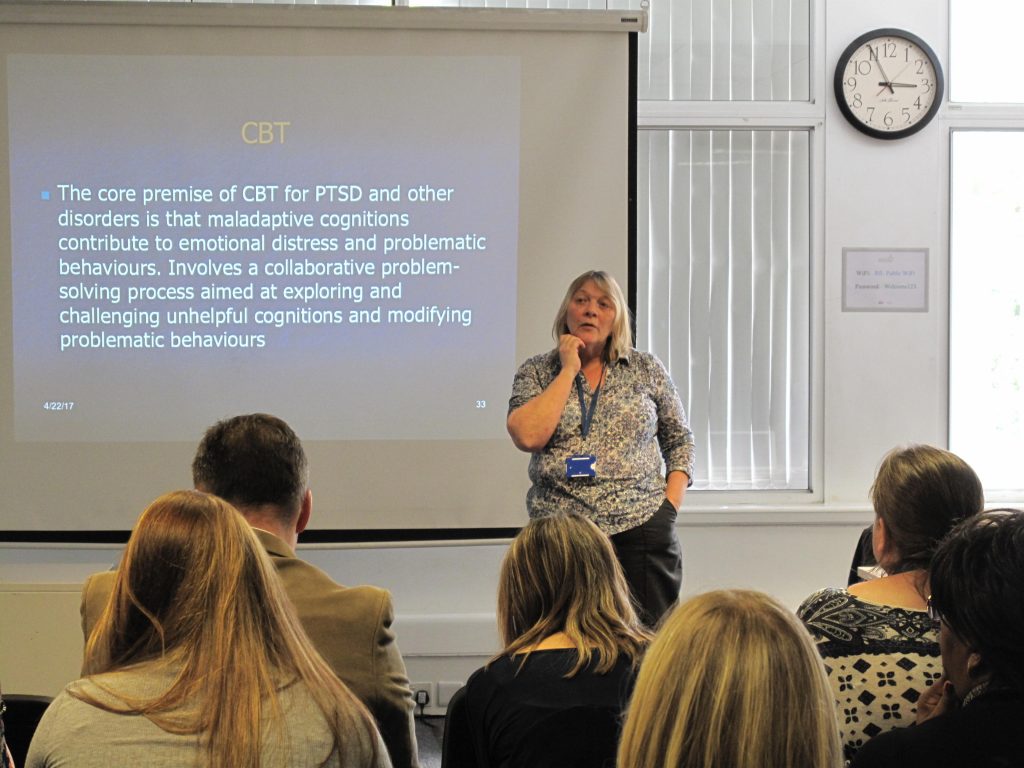
Helpline: 03444 775 774 | Text support: 07537 416 905 (open Mon-Fri 09:30-17:30)
Helpline: 03444 775 774 (M-F 930-530pm)
Text: 07537 416 905
Text: 07537 416 905
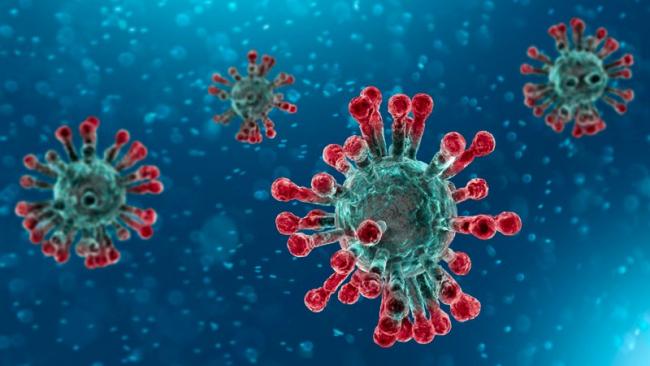
As lockdown has been ongoing for some time, those of us that deal with anxiety on a daily basis have gradually begun to become used to living our lives in this way and have become somewhat accustomed to the effect that it is has had on our former, daily routines. For many, this is now a much slower pace of life – something we have adjusted to having previously been used to spinning plates and living life at 100 miles per hour. Many might say that we had almost lost the ability to focus on one task for any reasonable length of time, instead adopting a multi-tasking approach which inevitably involved responding to many incoming stimuli at the same time and over-burdening our minds and bodies. There is an argument that lockdown has indeed brought about a welcome relief and escape in some ways for those of us who were so used to facing multiple anxiety inducing activities on a daily basis and battling with the panic and stress that this created. The human species though is known for its ability to adapt, acclimatise and habituate to different circumstances – doing this ensures our survival. So whilst many of us felt a sense of terror and experienced fears of entrapment and heightened anxiety when lockdown was announced, a good number of the very same people will now be quite comfortable with the new ‘norm’ and may now be thinking (and worrying) about what comes next….
Indeed, some of us may be worried about the return to whatever normality might look like post lockdown and are likely to already be having thoughts about whether they will be able to readjust to life, when the easing of lockdown has commenced. Just though as it was OK to be worried about coping with and in lockdown, its equally OK to worry about the next ‘adjustment’ phase and whatever this may bring – this is in fact evidence of your brain having detected a potential threat and alerting you to this. It’s important to remember that it will take time for you to get used to the new version of life in this next phase of the pandemic and that things like being outside again and getting used to increased noise levels and everywhere being generally busier, is understandably, going to take time. Remember though what was said earlier about the human species and our ability to adapt – , and adapt we will.
It’s also important to remember that as a result of the pandemic, our former pattern of living is likely to have changed and that we might not go back to what we used to know. This situation has forced many companies and workplaces to adapt and become more flexible in how they operate, and there is a chance that those of us who can work from home may well see the workplace become more flexible; reducing the hours that we spend in the office. For those that struggle with public transport and rush hour, this could be just the thing that is needed to make travelling to work easier.
As with all things it’s about taking one step at a time. We will need to become used to outside stimulation and quite frankly, what might initially feel like sensory overload. Gradually becoming accustomed to this by slowly coming back to work and not expecting too much of yourself too soon is critically important. Being kind, and patient with ourselves is key as we learn to adjust again. We may too have found a sense of safety and of comfort in staying at home; reconnecting with our families and spending ‘quality time’ – something that in our formerly packed lifestyles was a rarity. Equally, we might have managed to ‘slow down’ and really live our lives in the present and in doing so, have adopted a more mindful way of living – something we know is key to maintaining wellbeing.
So if you are one of those people that are worrying already that you’re not going to be able to go back to how things were before or you are worried about the effects of things returning to how they were, then remember to be gentle and kind to yourself and to show yourself some self-compassion. Understand that it’s going to take some time to readjust to life following lockdown just as it took time to adjust to lockdown and that doing this in a slow, step-by-step manner, just like a phased return to work adjustment in the workplace, might be just what you need in your personal life too.

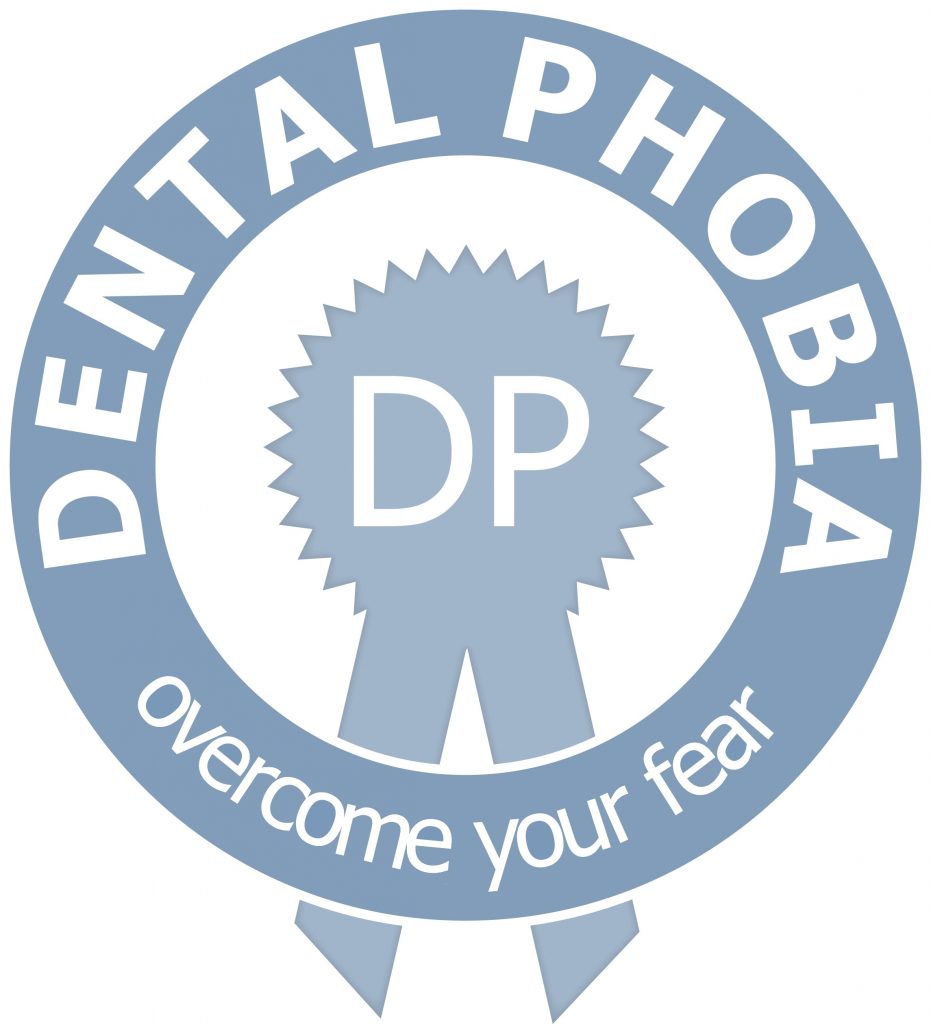


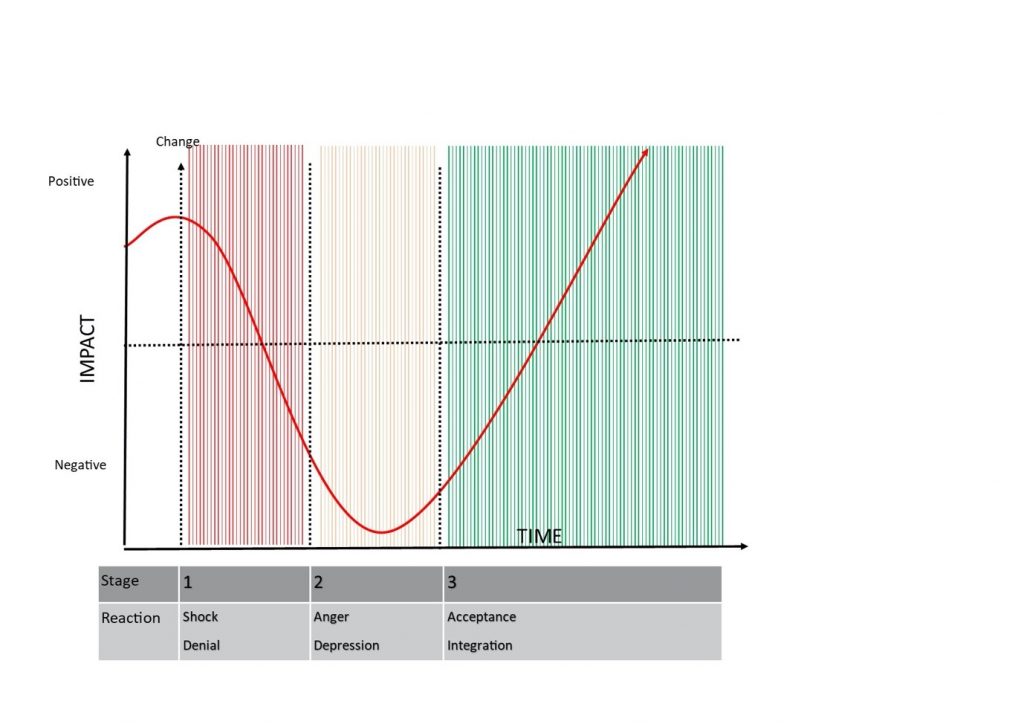
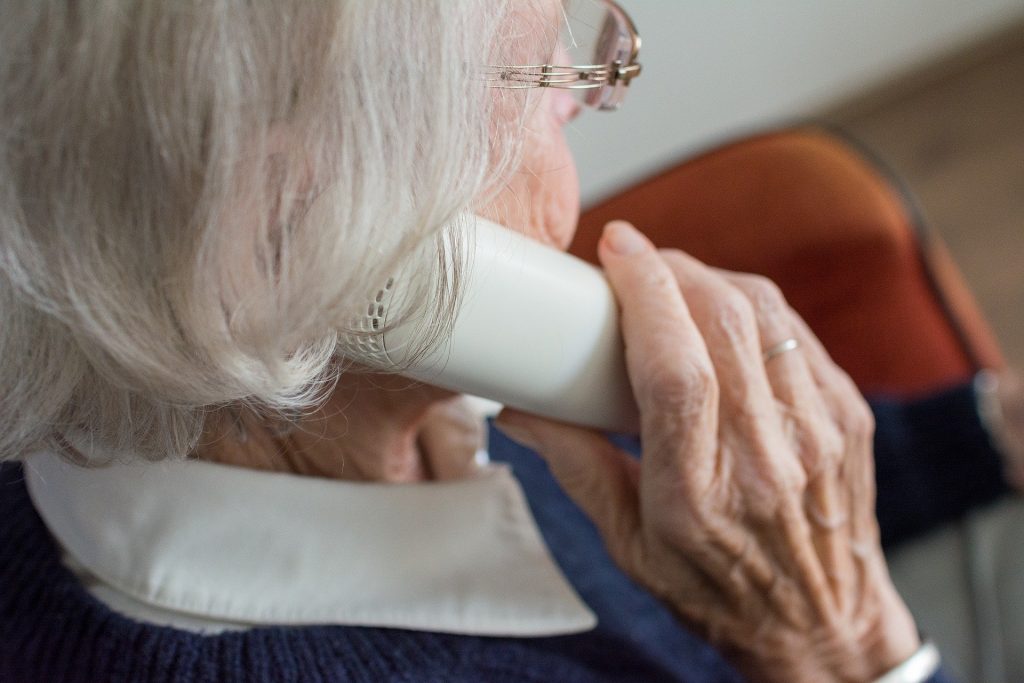
We will not tolerate rude, abusive, offensive, racist or sexist language. Any contact received with content deemed offensive, abusive, racist, sexist etc. will not be responded to as we operate a zero tolerance policy to abuse of any form. Legal action will be considered/taken if appropriate. For more information click here.
Download a copy of our Environmental policy, click here.
Let us know how we’re doing by leaving a review – your feedback is really important to our small team.
Anxiety UK, Nunes House, 447 Chester Road, Manchester M16 9HA
Support channel details:
Helpline: 03444 775 774
Text: 07537 416905
Other contact details:
Admin: 0161 226 7727
To find your downloads on Android, open the phone's file manager. If the device doesn't have one, you can download a file manager from the Google Play Store. Open the file manager app and go to the Downloads section. You will see a list of all your downloaded files, photos, videos, and documents here.
